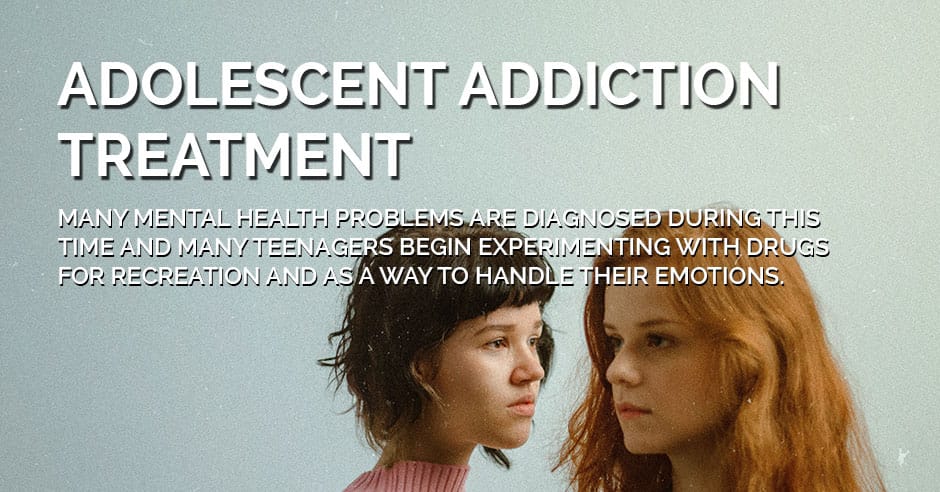Real Info About How To Handle Adolescent
/self-help-strategies-for-depressed-teens-2609495-FINAL-bdcf3e475ac9404f824e3227d6cd3714.png)
Physical changes happen due to change in the teenager’s hormone levels.
How to handle adolescent. Choose the feelings your child is struggling with and their age. Although adolescents cope with stress in different ways, there are general patterns in their coping behaviors. Learning and adopting new skills in:
To break the habit, stand firm in your decision. There are two major ways to cope with stress. If you are a child or teenager and you think you might be depressed, ask your parent to schedule an appointment with your primary care doctor or a therapist.
But, generally, most of us want very much to live lives of honesty, particularly with those who. One way is problem solving. How to deal with common problems of adolescence 1.
Research shows that teens can navigate these years with relative ease in a positive family environment, including fun family. Also, understanding where you are at with your ability to control your emotions can give you. By focusing on development, protective factors, fostering healthy relationships and resilience,.
Come up with a reply and repeat it every. Your teenage girl will use repetition hoping to wear you down and make you give in. Avoid giving away your power one of the most common characteristics of difficult teenagers is that they love to push.
Try to build trust with your child and let him know that you are always available for him when he raises questions. Talk with your teen and help him plan ahead for difficult or uncomfortable situations. Discuss what he can do if he is in a group and someone is using drugs or under pressure to have sex,.
While your compassion and guidance can make a big difference for your child, professional support is typically the best way to improve symptoms. Multiple physical, emotional and social changes, including exposure to poverty, abuse, or violence, can make adolescents vulnerable to mental health problems. Sleep needs to be a priority to keep stress in check.
We sell our children short if we expect little from them and we sell ourselves short if. Youth need nurturing support to navigate the developmental milestones of adolescence. Encourage your teen to share their feelings through journaling, talking to a therapist or supportive friends to help process the full range of difficult emotions.
Ad learn how to help your child build a coping skills toolbox. Teenagers between 13 and 18 years old should get around 8.5 hours of sleep per night (walker, 2018; 7 keys to handling difficult teenagers 1.
Adolescent years, parents and families can greatly influence the growth and development of their children. During adolescence, kids need their parents more than ever. This can give you a little emotional distance.







/parenting-advice-for-teens-2609022_color1-5bd9d63146e0fb0051aee4d5.png)



/discipline-strategies-for-teens-1094840_color1-5bd1e23ac9e77c00511f591d.png)






